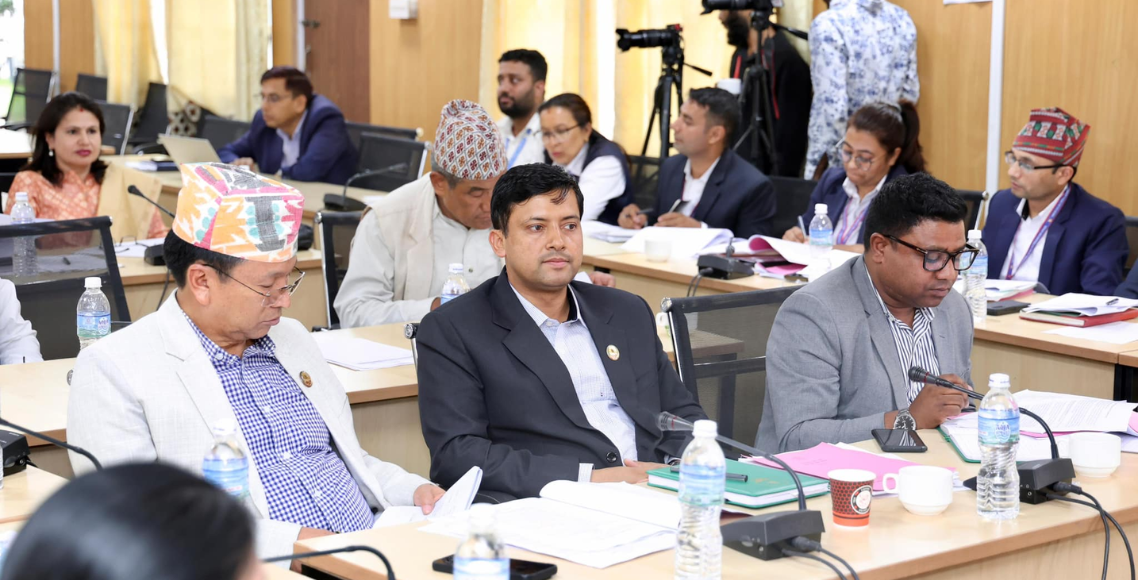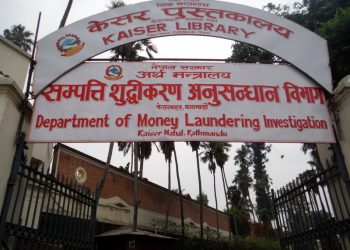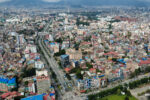KATHMANDU: The report on the Transitional Justice Amendment Bill has been unanimously approved by the Law, Justice, and Human Rights Committee of the House of Representatives.
The committee meeting, held at Singha Durbar on Thursday, concluded with the unanimous passing of the report.
This report will be submitted to the House of Representatives at its next session.
The bill, introduced by the government, was presented in the House of Representatives.
The House then referred the bill to the committee for further discussion.
Despite several stages of review, the committee initially faced disputes over four key issues.
These disputes were resolved through high-level political discussions.
A task force led by Nepali Congress leader Ramesh Lekhak, currently the Home Minister, was tasked with drafting the bill’s language for these top-level discussions.
The task force submitted its report on Wednesday, which formed the basis for the parliamentary committee’s final report.
The bill addresses several contentious issues, including, the definition of serious human rights violations, the process for cases where reconciliation is not freely agreed upon, compensation for individuals or families affected by the armed conflict, and the provisions related to reduced punishment for offenders.
The bill proposes categorizing conflict-related atrocities as either human rights violations or serious human rights violations.
It defines human rights violations as any acts contravening Nepali law, international human rights, or humanitarian law, excluding serious violations targeting unarmed individuals or the public during armed conflict.
Serious human rights violations include coercion, sexual violence, deliberate killings, disappearances, and torture inflicted by conflict parties.
For cases lacking free reconciliation agreements, the Commission must notify the Attorney General about cases where the government is the plaintiff, or where amnesty is not recommended.
For other human rights violations, victims or their representatives must be informed.
The bill stipulates that reconciliation in cases of human rights violations does not preclude recommending legal action against perpetrators involved in serious human rights violations.
Additionally, if reconciliation is sought by the perpetrator or victim, the Commission can facilitate this process with the victim’s free consent.
In cases where amnesty is requested, the Commission will investigate the matter, consider the victim’s damage and the perpetrator’s statements, and recommend amnesty based on the victim’s free consent.









Comment